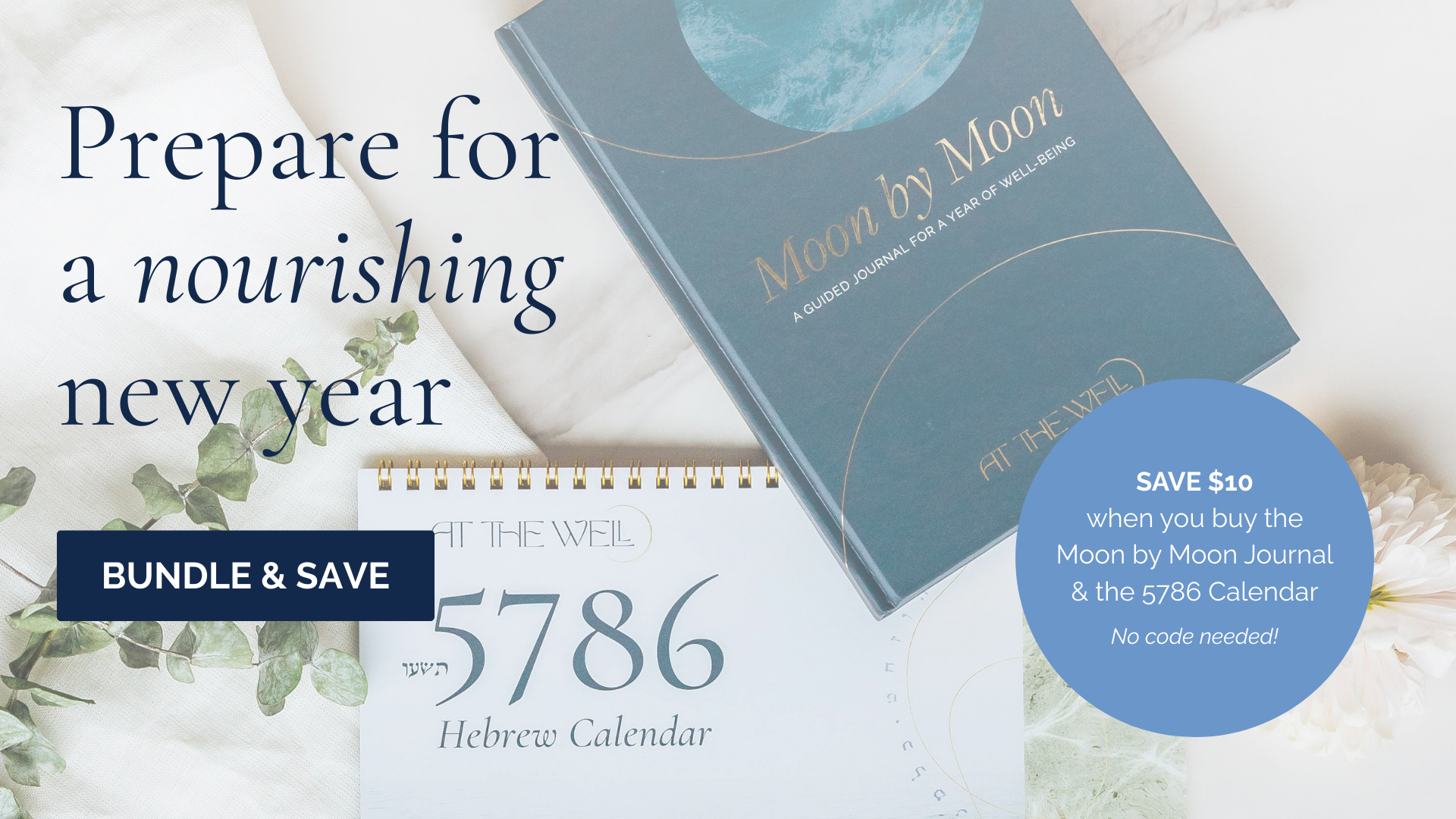As my pregnancy entered its final month, I found myself drawn to an ancient practice that spoke to my soul.
I've always been someone who seeks to sanctify life's moments, to transform the mundane into the holy. So when preparing for the monumental transition into motherhood, I naturally turned to the mikvah — a spiritual ritual bath with roots that stretch back thousands of years.
The mikvah is a sacred space of transition, a place where we can mark the passage from one state of being to another. Throughout Jewish history, women have used this ritual to honor significant changes in their lives. For me, standing at the threshold of motherhood, it felt like the perfect ritual to acknowledge the profound transformation my body and spirit were undergoing.
There's actually a beautiful tradition of pregnant women visiting the mikvah during their ninth month, which I was delighted to discover and which aligned with my own intuition. Embracing this practice felt like connecting with generations of women who came before me — my ancestors who also prepared their bodies and spirits for the sacred act of birth.
I reached out to my local progressive mikvah space and arranged for someone to serve as my witness. In the days leading up to my immersion, I spent time journaling, reflecting deeply on my kavanah (intention) for this experience.
What did I hope to carry with me into the birth space?
What fears could I release into the waters?
How could I honor this holy transition in a way that felt authentic to me?
On the day of my immersion, there was something profoundly moving about standing at the edge of those living waters. I had carefully planned for a beautiful, painless, peaceful birth — as we often do when facing the unknown. The mikvah became a ritual space where I could both hold those hopes while acknowledging the reality that birth is an intense, athletic event that rarely follows our careful plans.
As I descended into the waters, I felt a deep connection — to my changing body, to the baby within me, to all women and birthing people who had made this journey before.
I dipped and surfaced three times. Each immersion I added a prayer for myself and my journey. (See Mayyim Hayyim’s immersion ceremonies here.) But the act of immersing was a prayer without words, a moment of surrender and strength intertwined. The waters embraced me, supported me, and reminded me that I was not alone in this transition.
Rising from the mikvah for the final time, I felt a sense of readiness I hadn't before — not because I now knew exactly what labor would bring, but because I had created space to honor the magnitude of what lay ahead. I had marked this threshold properly, with intention and reverence.
Whatever my birth story would become — whether it matched my careful plans or took a completely different path — I had given myself this gift: a moment to pause, breathe, and sanctify the journey. The waters of the mikvah didn't promise me an easy birth, but they helped me recognize my own capacity to move through transition with grace and strength, and divine love.
In a world that often rushes past life's most significant moments, the mikvah allowed me to slow down and truly see myself — standing between maiden and mother, carrying the wisdom of both. It was exactly the ritual my heart needed.
At The Well uplifts many approaches to Jewish practice. Our community draws on ancient Jewish wisdom, sometimes adapting longstanding practices to more deeply support the well-being of women and nonbinary people. See this article’s sources below. We believe Torah (sacred teachings) are always unfolding to help answer the needs of the present moment.

